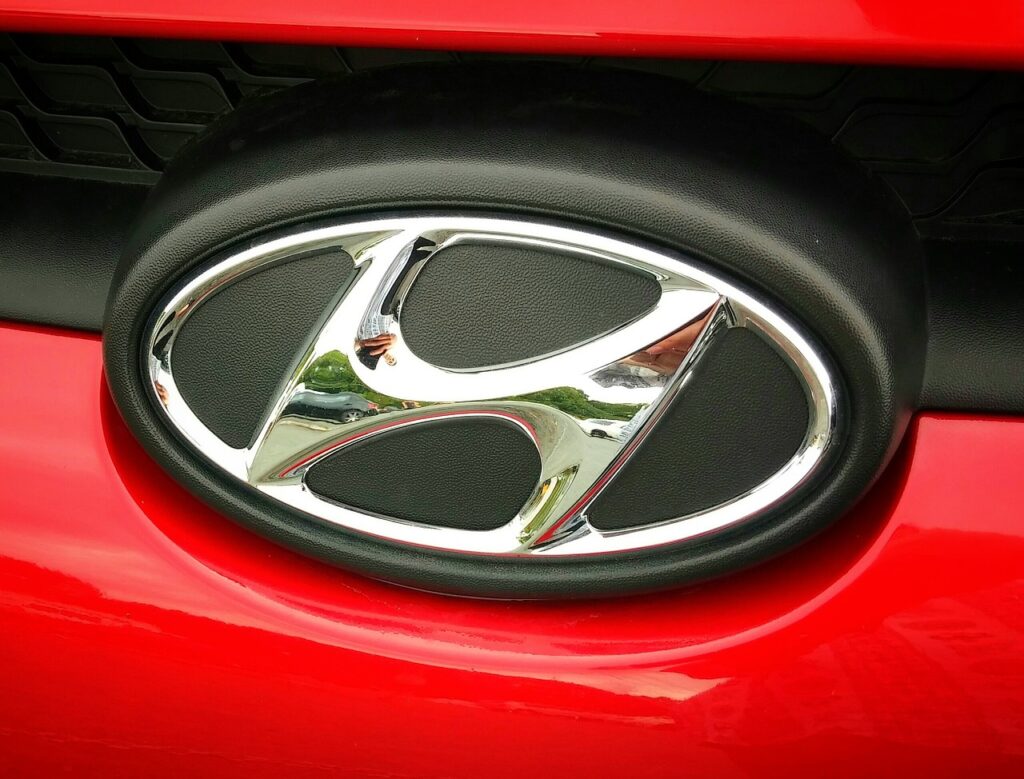In December 2023, the Korean automaker delivered a staggering fleet of 500 fuel cell vehicles (FCVs) to the southern city, marking a significant milestone in China’s hydrogen ambitions.
This delivery, dubbed the country’s largest hydrogen mobility project, showcases a diverse range of 500 FCVs, encompassing logistics vehicles, refrigerated trucks, sweepers, and even buses. Guangzhou’s ambitious project aims to test various applications of hydrogen technology within a single territory, paving the way for broader adoption. By year-end, an additional 1,000 FCVs are expected to join the fleet, further fueling the hydrogen revolution.
However, Guangzhou’s commitment to hydrogen extends beyond simply importing vehicles. The city boasts its own R&D and fuel cell production facility, operated by Hyundai’s hydrogen subsidiary HTWO Guangzhou. Established in June 2023, this plant marks the first of its kind outside Korea, representing an investment of 8 billion yuan (approximately $1.1 billion). With a robust annual production capacity of 6,500 fuel cell systems, the Guangzhou facility plays a crucial role in fostering local hydrogen production and reducing reliance on imports.
Furthermore, Guangzhou is not the only player in this burgeoning hydrogen ecosystem. The city plans to commence testing of Venucia’s Big V, a hydrogen-powered SUV jointly developed by Nissan and Dongfeng, in early 2024. This collaboration highlights the growing Chinese interest in diversifying its hydrogen portfolio beyond just Hyundai.
Guangzhou’s ambitious vision extends beyond 2023. In late 2022, the city unveiled a three-year program to establish a comprehensive hydrogen ecosystem, aiming to deploy at least 2,500 FCVs and 50 hydrogen stations by 2025. This ambitious target reflects China’s commitment to transitioning towards cleaner transportation solutions and solidifying its position as a leading player in the global hydrogen market.
